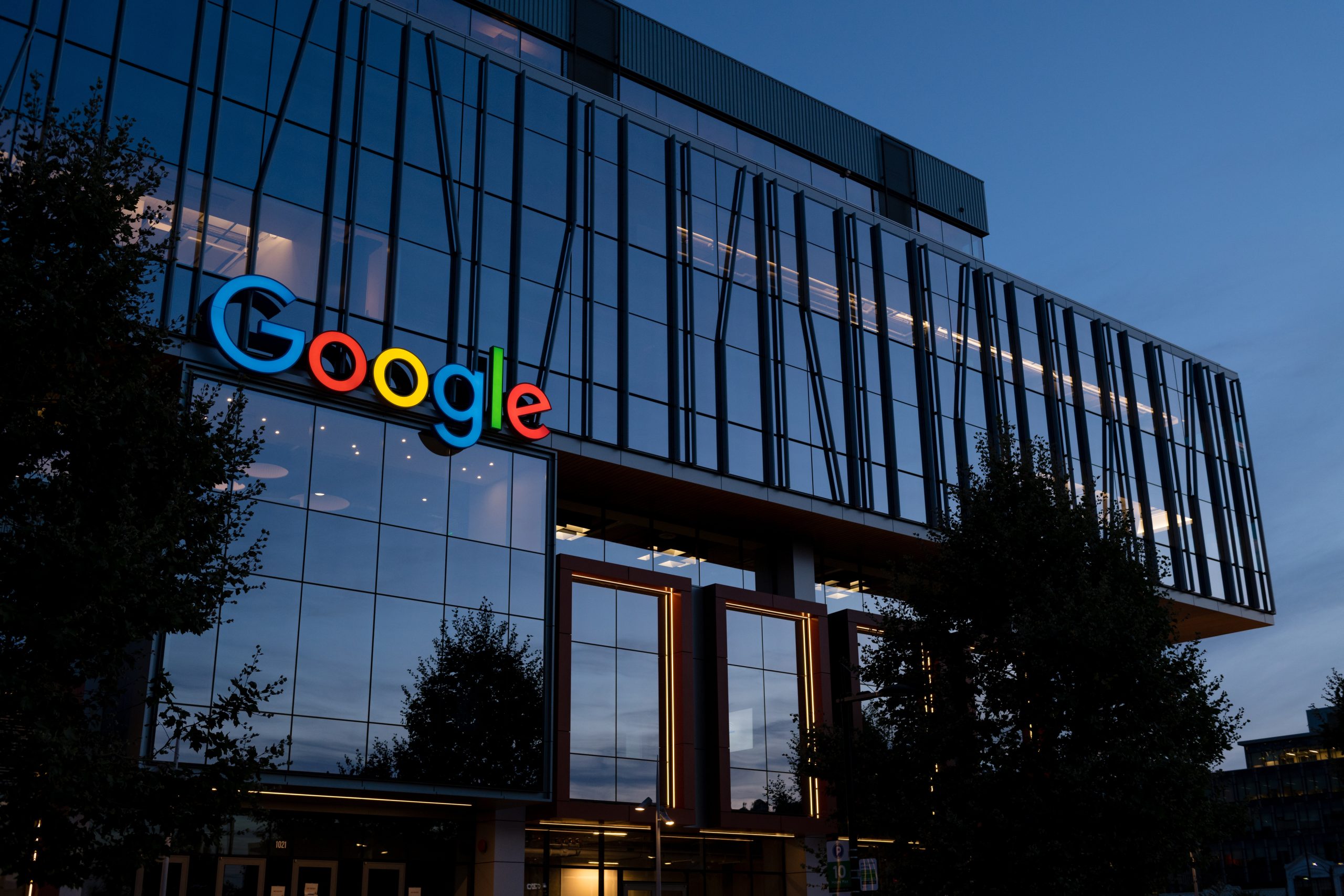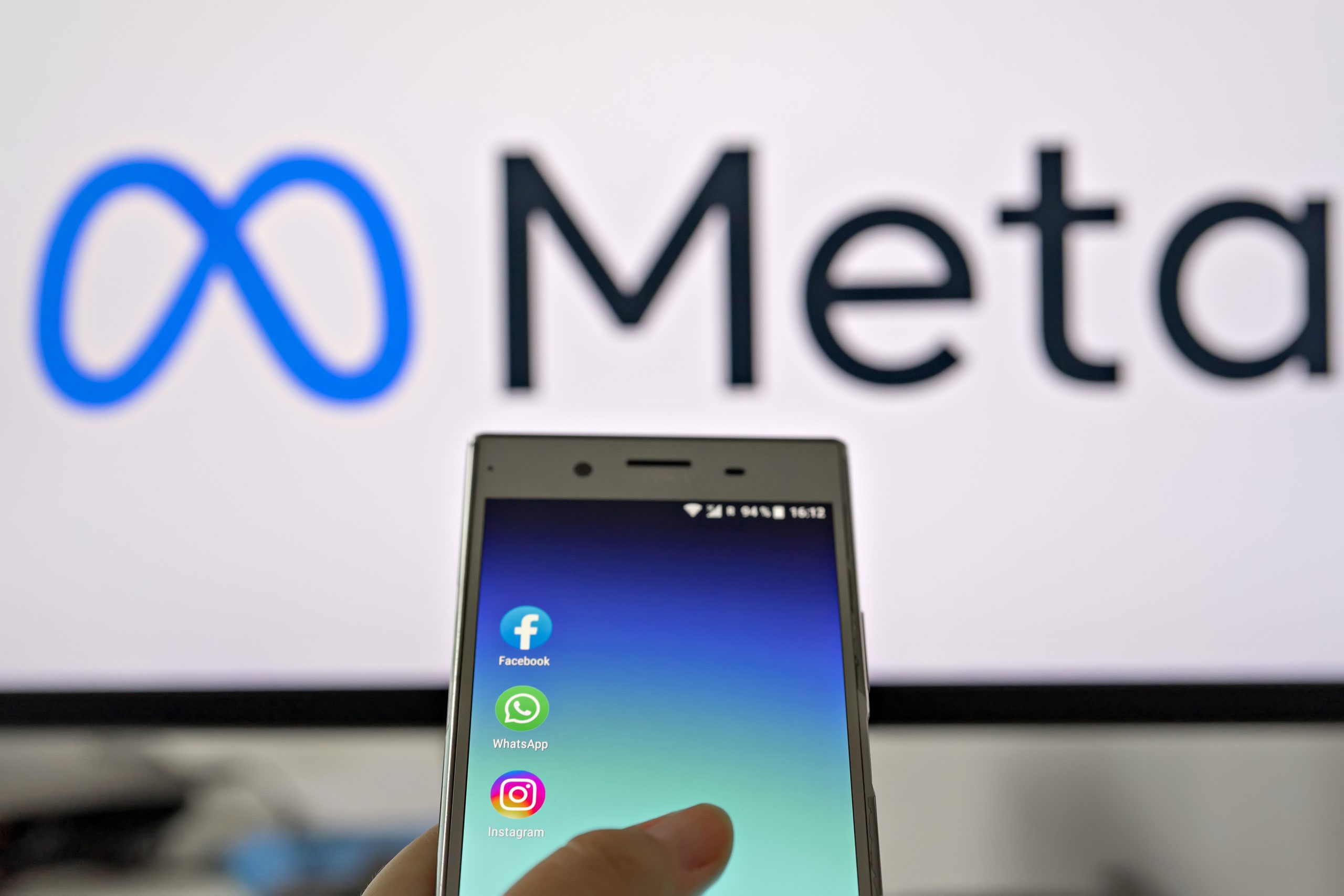A Long Road Ahead for Challengers
Google avoided the worst possible penalties for being found to have illegally maintained a monopoly in online advertising and search. The judge in this case issued several remedies to create fairness in the market.
The remedies in Judge Amit P. Mehta’s ruling against Google may sound sweeping at first glance, but upon closer inspection, they stop short of fundamentally altering the competitive dynamics of online search and advertising. While the Department of Justice proved that Google maintained an illegal monopoly through exclusionary contracts, the penalties leave the company’s core advantages largely intact.
Google Doesn’t Have to Divest Chrome or Android
One of the biggest takeaways is what the court didn’t do. The DOJ pushed for Google to divest major assets like its Chrome browser and Android operating system, but Judge Mehta rejected that remedy. This is no small detail. Chrome and Android are two of the most powerful levers that reinforce Google’s dominance: Chrome controls the majority of browser usage globally, while Android powers around 70% of smartphones worldwide.
By keeping these assets under Google’s roof, the ruling allows the company to maintain a tight ecosystem where its search engine is deeply embedded. Even without exclusive contracts, the default placements and integration of Google services across Chrome and Android create a powerful gravitational pull for users, making it extremely difficult for rival search engines to compete at scale.
It Can Still Pay to Install Chrome on Mobile Devices
Another area where the ruling stops short is Google’s ability to continue paying for distribution. For years, Google has funneled billions into securing default search placement—most notably, its $18 billion annual payment to Apple to remain Safari’s default search engine. While Judge Mehta prohibited “exclusive contracts,” Google still retains the ability to incentivize companies to pre-install Chrome or set Google Search as a prominent option.
This means Google can continue leveraging its financial might to ensure broad visibility on the devices people use most often. For competitors, this creates a Catch-22: even if Apple, Samsung, or other manufacturers have more flexibility in choosing defaults, the reality is that Google’s checks are still the biggest on the table. Without equivalent financial firepower, challengers like Bing, DuckDuckGo, or AI-first platforms struggle to win those same distribution deals.
The Limited Impact of Data Sharing
The most publicized remedy was the requirement that Google share parts of its search index and user interaction data with “qualified competitors.” On the surface, this looks like an attempt to level the playing field. But in practice, the benefit is far more limited.
DuckDuckGo’s CEO summed it up bluntly in the New York Times, calling the remedy a “nothingburger.” Why? Because the data Google is required to share is only a fraction of what fuels its algorithms. Google’s true advantage lies in the decades of proprietary datasets it has accumulated from billions of daily searches, clicks, and ad impressions. Those insights drive unmatched personalization and ad targeting—an asset no court ruling can replicate.
For competitors, gaining access to a slice of the index doesn’t suddenly unlock the same quality of search results or advertising relevance. As a result, the ruling creates the appearance of competition without substantially eroding Google’s lead.
How This Could Reshape the Advertising Landscape
The implications of Judge Mehta’s ruling extend beyond search. The removal of exclusive default contracts opens space for new competitors, especially AI-powered platforms.
Perplexity has begun monetizing with “sponsored questions” and a revenue-sharing model for publishers, embedding ads into conversational experiences rather than relying on traditional link-and-click models.
ChatGPT, though largely ad-free today, is widely expected to introduce formats such as inline sponsored answers, creating fresh opportunities for advertisers.
This shift signals a future where ad dollars disperse across a wider, more fragmented ecosystem of AI-driven search tools, forcing marketers to adapt to more diverse—and potentially more innovative—channels.








